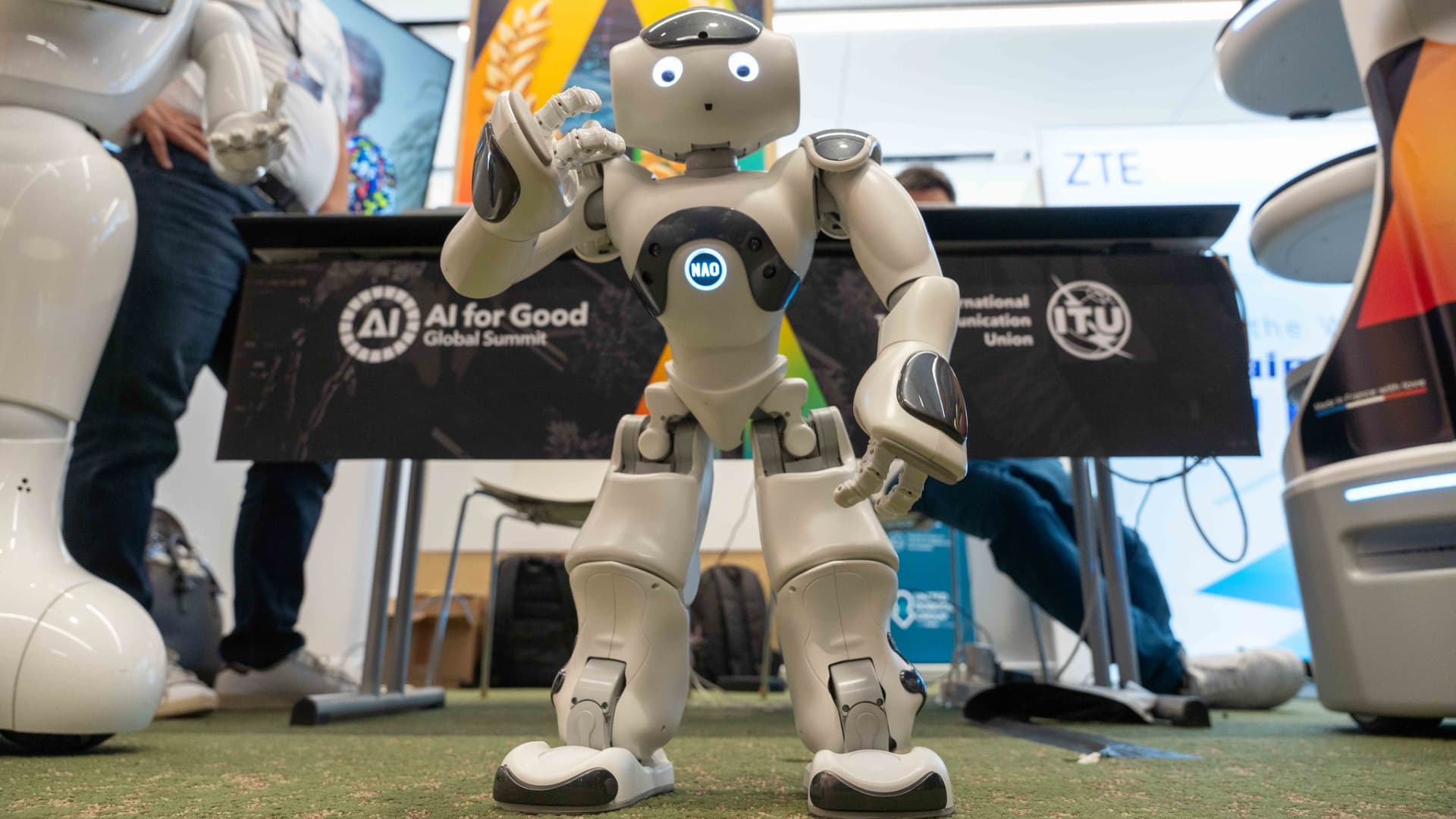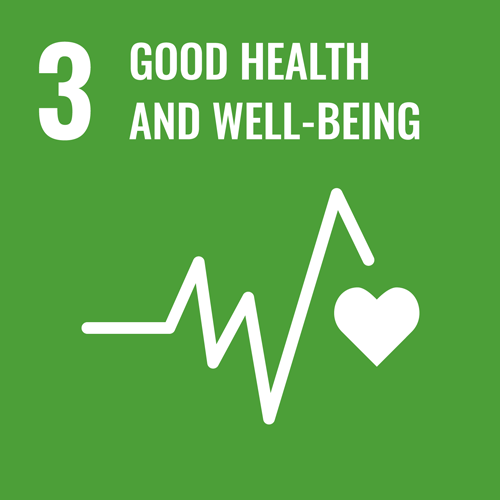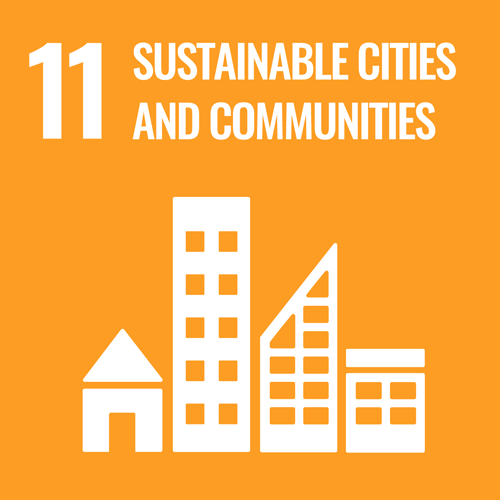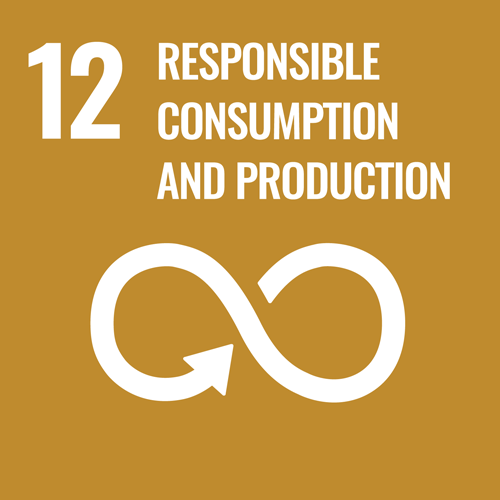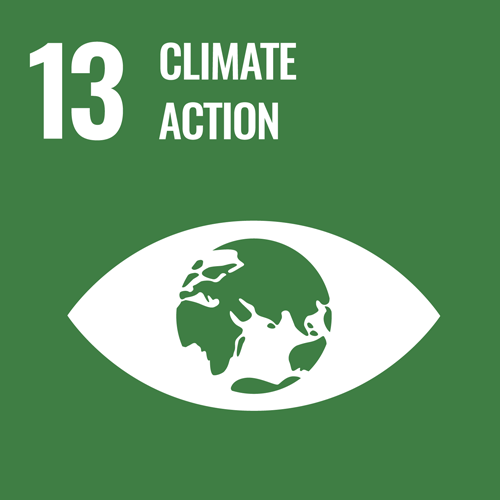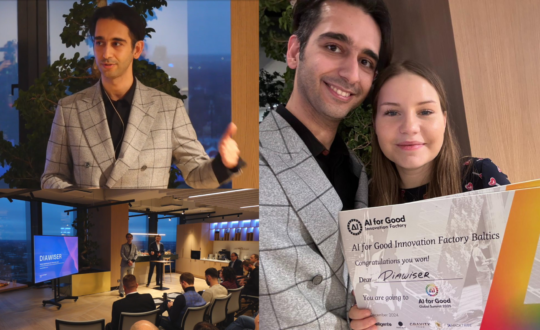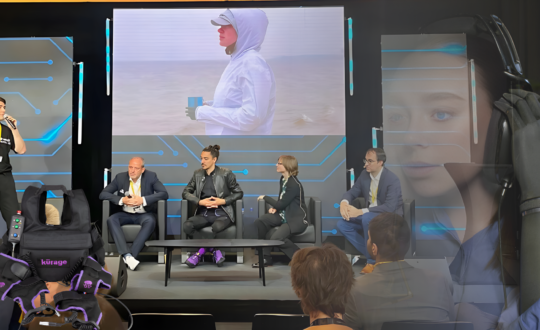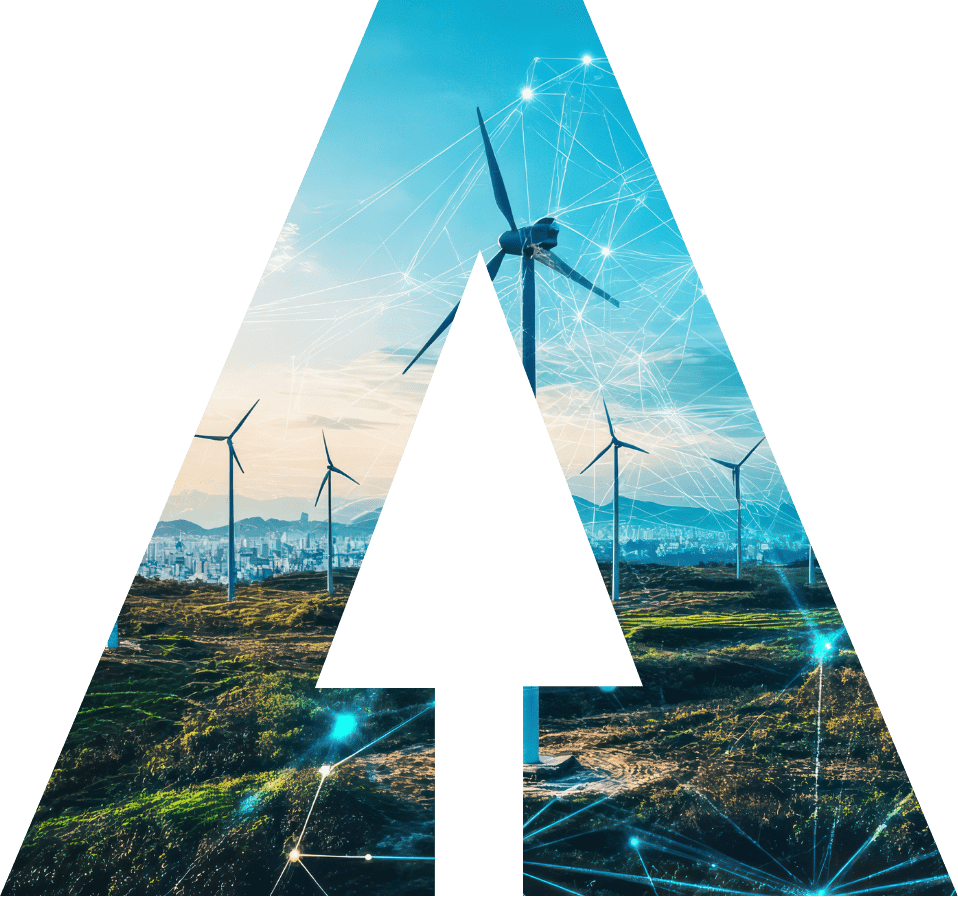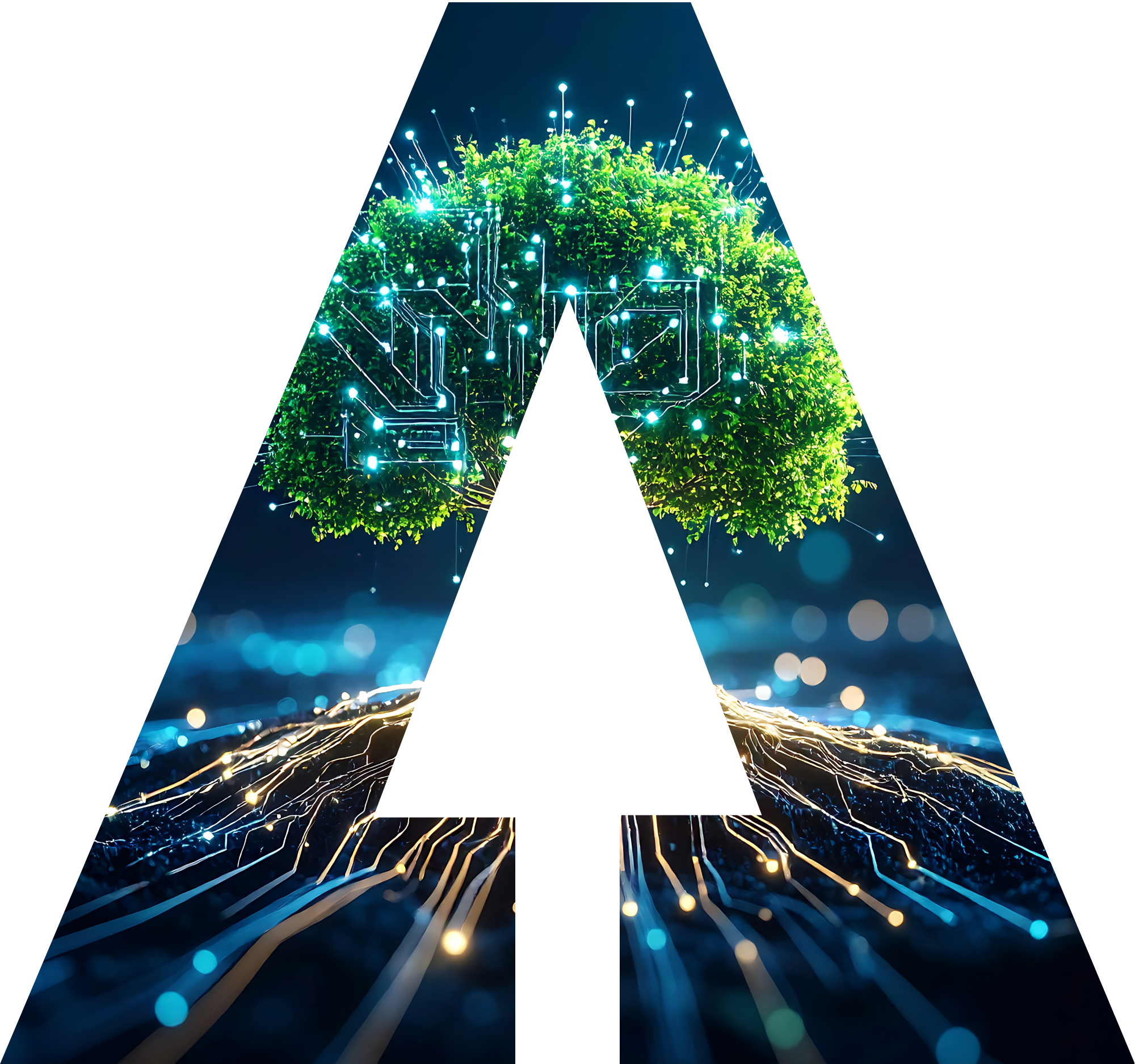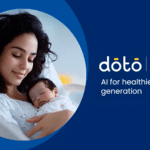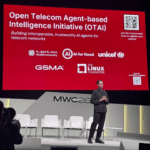Six months from now, innovators dedicated to artificial intelligence (AI) will reconnect with investors and humanitarians to consider how the latest technologies can work for the good of everyone on the planet.
The AI for Good Global Summit, which next takes place on 30-31 May 2024, forms the world’s largest and most inclusive community on AI, machine learning, and robotics. It seeks to harness AI solutions to accelerate progress on the UN Sustainable Development Goals.
In connecting AI innovators with public and private-sector decision-makers, AI for Good helps to advance the mission of the International Telecommunication Union (ITU) to foster groundbreaking collaboration on a global scale.
With our next edition of the Global Summit, we will again demonstrate how AI can step up progress in areas such as food security, climate action, road safety, and healthcare. Participants can engage hands-on in Geneva, Switzerland, or engage actively online from anywhere.
Discussions on global AI governance – set for 29 May, the eve of our Global Summit – will explore possible frameworks and guardrails to support safe and responsible AI development.
Notably, our 2024 edition comes in conjunction with the World Summit on the Information Society (WSIS) +20 meeting, also in Geneva, ensuring complementary perspectives on digital development.
The questions raised by AI, of course, extend far beyond the scope of any single organization or discipline. Yet inclusive dialogue will help all of us – including ITU itself – understand what we need to do next.
New partnerships for global action
With these upcoming milestones, ITU is stimulating collaboration to ensure that AI proves a force for good while also doing no harm. We need to keep building bridges between different disciplines.
We all have roles to play in crafting the future we want. AI for Good can help everyone build impactful partnerships.
New connections are forming among AI specialists, AI users, data owners, and experts in various domains – domains where AI could help advance sustainable development.
AI is becoming an important factor in health, agriculture, and disaster management – as we can see in ITU’s standardization work in such fields.
AI-related standards development
AI and machine learning have become important in relation to network orchestration and management, multimedia coding, service quality assessment, and environmental efficiency.
One set of ITU standards provides the essential toolkit to integrate machine learning in 5G and future networks.
Our energy-efficiency standards define how big data and AI can support smart energy control for telecom sites and data centres, prioritizing power intake from renewable and low-carbon sources. The same standards support innovative cooling solutions and provide best practices for “green” data centres.
AI is also a key component in the new international standard we are developing for an “automated-driving safety data protocol,” enabling continuous monitoring of self-driving cars to ensure they behave safely on the road.
Matching complementary expertise
As always, in striving to make AI capabilities available globally, we pay close attention to the needs of developing countries.
Together with the UN Food and Agriculture Organization (FAO), we are working towards new international standards for AI and the Internet of Things to improve the precision and sustainability of farming techniques.
Together with the World Meteorological Organization (WMO) and the UN Environment Programme (UNEP), we are working towards international standards for AI to improve disaster management.
And together with the World Health Organization (WHO) and World Intellectual Property Organization (WIPO), we are stepping up AI-based healthcare for everyone, everywhere.
Our new Global Initiative on AI for Health with WHO and WIPO builds on the momentum of the ITU-WHO Focus Group on AI for Health, which has delivered practical guidance on AI in healthcare, addressing concerns around governance, ethics, regulation, and data quality.
This guidance can help regulators and AI developers alike to navigate the challenge of certifying AI health solutions.
Our open-code program – conceived as a digital public good – has enabled experts to collaborate on the development and benchmarking of innovative AI solutions for health, demonstrating how our guidance can be applied in practice.
Still, we have more to do to assist low- and middle-income countries and make sure AI health solutions reach underserved communities.
Competitions culminating at COP28
Our AI/ML Solutions for Climate Change Challenge, set to culminate on 2 December at the UN climate change conference (COP28), is another way we foster global AI innovation. The International Atomic Energy Agency (IAEA), the UN Educational, Scientific and Cultural Organization (UNESCO), and the World Bank, along with FAO and ITU, all support the challenge, where AI developers and innovators can hone their skills, gain global recognition, and mobilize investor support.
The AI for Good Global Summit, organized by ITU in partnership with 40 UN agencies and co-hosted by the Government of Switzerland, is the UN’s primary platform for exchanging insights on AI.
The 2024 Summit will feature talks from renowned thought leaders and performances from AI-inspired artists, showcase cutting-edge AI and robotics solutions, and demonstrate the state of the art in brain-machine interfaces. It will be preceded by Machine Learning Workshops on 27-29 May.
Registration is now open. Registering for either the AI for Good Global Summit or the WSIS Forum will grant access to both events.
The original version on this article first appeared on ITU Hub here.


 Register here
Register here
